When thinking of what to write for this monthly article, we try to focus on practical situations we come across on our day to day probate administration.
Another good source of material are newspaper articles; we do not read all or indeed any papers but subscribe to a feed which alerts us to relevant material.
A couple of weeks ago, the Daily Telegraphy headlined their weekly money supplement by saying “Probate delays cost estate substantial interest by delaying the payment of Inheritance Tax”.
The thrust of the article was that HMRC are currently charging 7.75% interest on late payment of Inheritance Tax (IHT). IHT is due at the end of the six months after death. If somebody dies on 26th February 2024, then IHT is due on 31st August 2024. It is currently taking a minimum of 20 weeks from us submitting forms to HMRC to probate being granted, and it is only then can an executor can take the necessary steps to release or sell assets in time to pay the IHT, hence incurring interest.
Whilst correct, this only tells a part of the story.
A reminder of the process. If somebody dies and has to pay IHT, a form IHT400 has to be sent to HMRC. They have 4 weeks to give the form an initial review and then they will pass to the Probate Registry, being a division of the Courts. Before probate is then issued is taking 16 weeks.
However, HMRC will not pass authority to the Probate Office until IHT has been paid, in other words you need to pay the IHT before probate is given.
Is the newspaper article correct? How do you pay IHT before probate? These are the options:-
a) You use the direct payment scheme. Under this method, you contact the institutions where the deceased saved e.g. bankers, stockbrokers and they send the IHT directly to HMRC. They are able to do this as HMRC guarantee that they will indemnify the institutions if the payment should not have been made should the wrong person have applied for it.
This is probably the most common method.
b) The executors or beneficiaries lend money to the Estate to pay the IHT and reclaim it once probate is obtained. This is often used if there is not enough free cash and a beneficiary would rather not lose part of their inheritance in interest.
c) By the executors borrowing from a bank usually secured on a property or assets of the estate. This is usually the method of last resort as the lenders charge a very high rate of interest and administration fees to arrange them.
One option the executors have is to apply for the instalment option to apply in respect of qualifying assets which is basically property. In such a case, you only have to pay one-tenth of attributable IHT to get probate.
Example of a person who only has one Nil Rate Band to claim.
| Value of Banks/Shares etc | £200,000 | (25%) |
| Value of House | £800,000 | (75%) |
| £1,000,000 | ||
| Assume just one Nil Rate Band | £325,000 | |
| £675,000 | ||
| IHT @ 40% | £270,000 |
Of this:-
£270,000 @ 25% = £67,500 is due to banks, shares etc.
£270,000 @ 75% = £202,500 is due to property.
To get probate, the executors would need to pay
| £67,500 | |
| One-Tenth of £202,500 | £20,250 |
| £87,250 |
The important point which gives the newspaper some credence is that interest of 7.75% is charged on the outstanding £182,250 (£202,500-£20,250).
What would we suggest to our client in this situation?:-
We would suggest they apply for the instalment option. This is because HMRC will only need £87,250 to release authority to the Probate Registry.
We would then apply to the banks etc to try and get £200,000 of direct payments to HMRC. Even though we have elected to claim the instalment option, we can still overpay.
The balance of £70,000 due could be paid either by a beneficiary lending money or it will just have to wait until the property is sold.
If the property is not sold but is given to a beneficiary, the beneficiary is committing to a payment of the outstanding £70,000 over 10 years. This needs to be documented and the executors should take security against the property as if the beneficiary defaults, the liability reverts to the executors personally.
So, is the newspaper article correct? The answer is yes but only where the instalment option is claimed.
Contact: 01480 426500 or barry.jefferd@georgehay.co.uk.
Another written by Barry Jefferd FCA CTA TEP, Director of GH Probate Ltd.
GH Probate Ltd are authorised by the Institute of Chartered Accountants to carry out the reserved activity of non-contentious probate in England and Wales.








